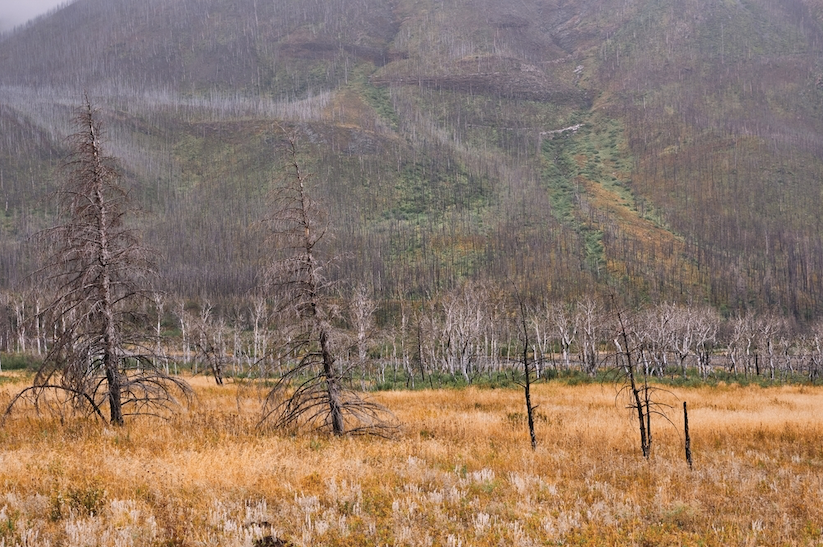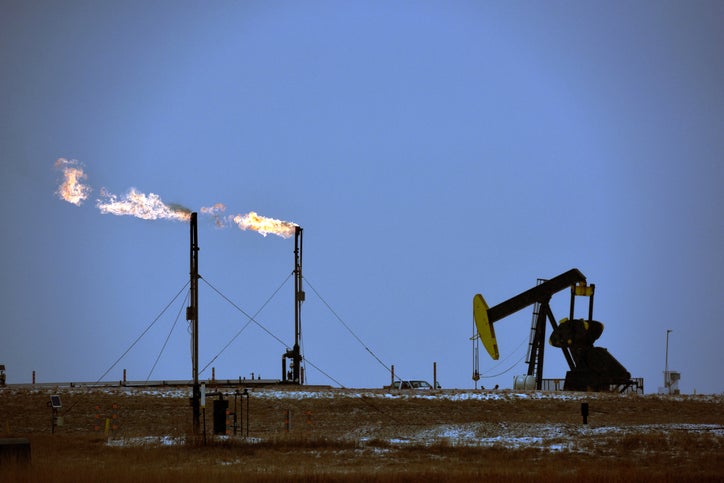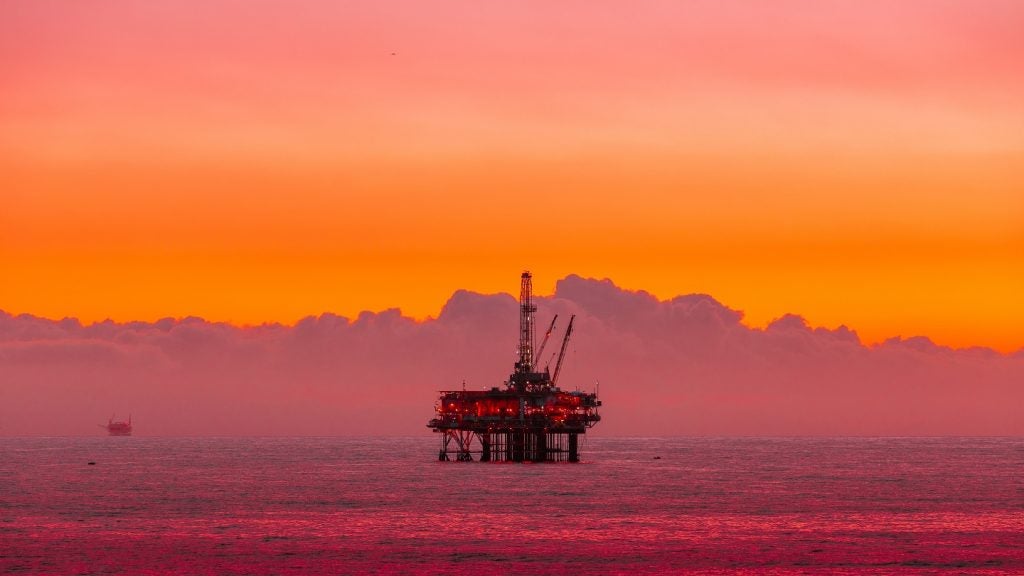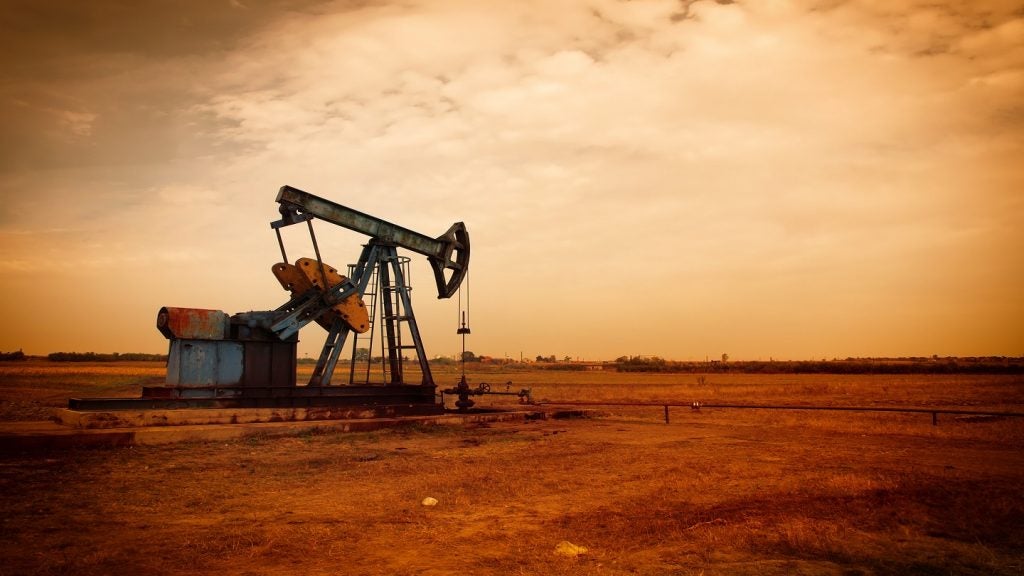
Wildfires in Canada’s main oil-producing province have prompted energy producers to pause production of at least 280,000 barrels of oil equivalent per day (boepd).
According to Reuters, more than 30,000 people were displaced as Alberta declared a state of emergency in response to the wildfires. The fires primarily affected Fox Creek, a major centre for the light oil and natural gas facilities, which halted operations as a precautionary measure.
Canada is the world’s fourth-largest crude producer, with Alberta producing 80% of its oil. As of Monday, 30 fires were classified as “out of control” while 98 were still active. During this period, Canada’s daily export of natural gas to the US fell to 6.7 billion cubic feet, the lowest level since April 2021, according to data provider Refinitiv.
At least 1700 firefighters joined emergency efforts from Alberta and neighbouring districts, as the government called out for people with firefighting expertise, particularly from the indigenous communities. Alberta also requested help from the federal government and sought military assistance.
While producing facilities assessed no damage to their key infrastructure, Cenovous Energy reported an impact of 85,000 barrels of oil equivalent per day (boepd) on production. Paramount Resources said it had curtailed production of 50,000 boepd while Crescent has shut production of 45,000 boepd.
The 2016 wildfires in Canada were concentrated in north-eastern Alberta, forcing the shutdown of more than one million barrels a day of oil sands production. This year, the western provinces that contain processing plants and pipelines have become the worst hit. The operators here drill into rock formations including the Clearwater, Montney and Alberta formations.
The state-run Trans Mountain pipeline remains functional and has employed mitigation measures, including a perimeter sprinkler at its pump station. The pipeline serves as the sole link that carries Canadian crude to the Pacific coast.
Alberta premier Danielle Smith announced emergency payments of $935 for people forced to evacuate for seven days or more. He added that the fires may continue for several months.





